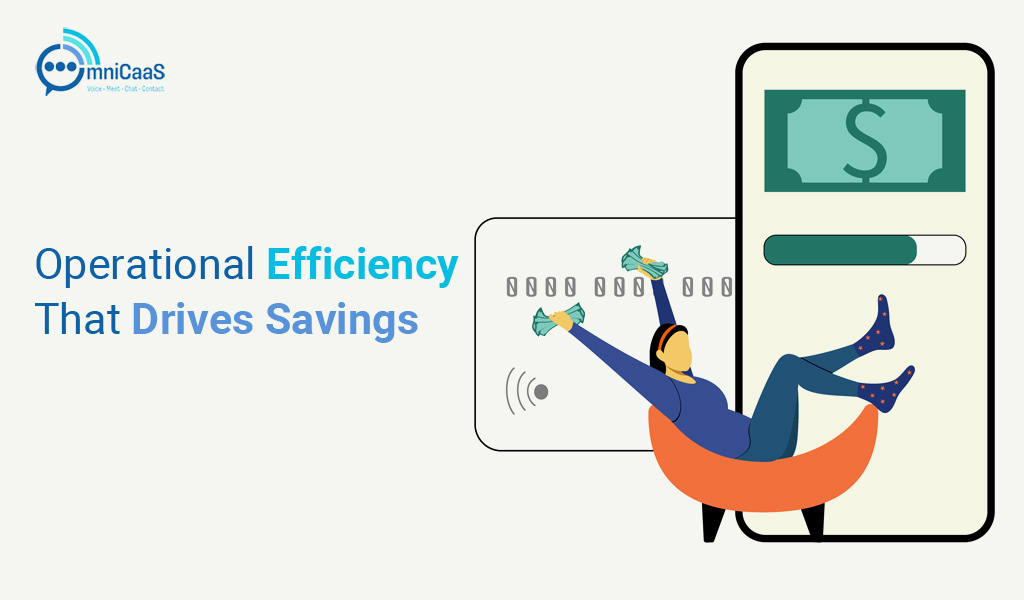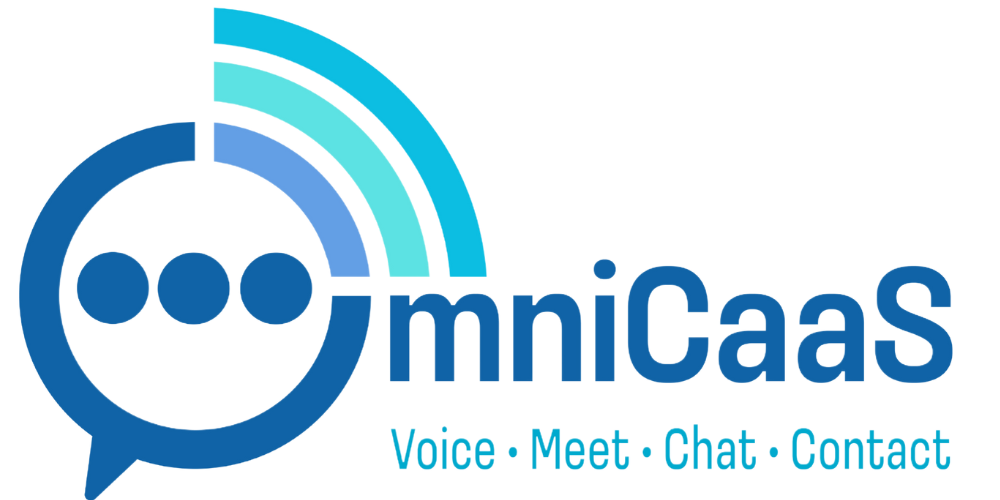
In today’s corporate environment, every choice is evaluated not just on its operational value but also on its financial effect. Communication is vital to any organization, yet many businesses continue to rely on outmoded, hardware-heavy phone systems that deplete budgets with maintenance fees, equipment updates, and pricey service contracts.
Enter the hosted phone system. This is a contemporary, cloud-based technology that provides much more than simply seamless communication. Beyond convenience and flexibility, it provides demonstrable cost reductions that have a direct impact on the bottom line.
What Is a Hosted Phone System?
A hosted phone system, often known as a hosted PBX system or cloud phone system, is a contemporary alternative to traditional on-premises telephony. Instead of investing in expensive hardware and maintaining in-house infrastructure, businesses utilize the internet to connect to a provider’s cloud-based platform.
The provider manages everything, including servers, security, upgrades, and ongoing maintenance, while the firm gets access to enterprise-level communication capabilities through simple desk phones, PCs, or mobile devices.
This solution reduces the need for expensive PBX equipment, specialist IT workers, and dedicated phone lines, while still providing advanced capabilities like as:
- Call forwarding and routing
- Voicemail-to-email transcription
- Video conferencing
- Team messaging and collaboration
- Integration with CRM and business applications
Key Cost-Saving Benefits of Hosted Phone Systems
The primary draw of a hosted phone system for business is significant cost reduction, achieved in several ways:
- Lower Upfront Costs – No bulky hardware, installation fees, or server rooms to maintain.
- Reduced Maintenance Expenses – Updates and repairs are handled by the provider, not your IT team.
- Scalability Without Investment – Add or remove users without buying new equipment.
- Affordable Long-Distance and International Calling – Many plans include global calling at a fraction of the cost of legacy carriers.
- Flexible Pricing Models – Pay only for what you use, making budgeting predictable.
Hosted vs. Traditional Phone Systems
| Category | Traditional Phone System | Hosted Phone System |
| Hardware | Requires PBX equipment, on-site servers, wiring, and specialized handsets. | Runs entirely in the cloud—only internet access and standard devices are needed. |
| Setup Costs | High upfront investment, often running into thousands for installation and configuration. | Quick setup with minimal upfront costs, usually completed in a matter of days. |
| Maintenance | Ongoing expenses for IT staff, vendor support, and physical repairs. | All updates, monitoring, and repairs are managed by the provider at no extra cost. |
| Upgrades | Requires costly hardware replacements or system overhauls. | Automatic cloud-based upgrades keep the system current without added expense. |
| Scalability | Expansion demands new hardware and additional installation fees. | Easily add or remove users instantly with no extra infrastructure. |
Operational Efficiency That Drives Savings

The cost savings with a hosted phone system go well beyond decreased rates. They also stem from the operational efficiencies that it generates.
By unifying communication into a single cloud-based platform, employees can communicate seamlessly across devices, reducing downtime and eliminating confusion. This is especially useful in today’s workplace, when remote and hybrid teams are commonplace.
Hosted systems also integrate automation into routine activities. Intelligent call routing, auto attendants, and voicemail-to-email transcription relieve staff of tedious chores, allowing them to concentrate on higher-value work. These optimizations lead to significant cost savings over time by eliminating lost hours and increasing overall productivity.
Tips for Maximizing Cost Savings
To get the most out of a hosted phone system for business, consider:
- Choosing the Right Provider: Look for the Best UCaaS Provider offering security, scalability, and 24/7 support.
- Avoiding Over provisioning: Pay only for the number of users you actually need.
- Leveraging All Features: Use integrations, conferencing, and automation tools to reduce third-party software expenses.
- Training Staff: Ensure employees fully adopt the system to maximize productivity benefits.
Common Myths About Hosted Phone Systems and Costs
Even with the clear financial and operational advantages, some misconceptions about hosted phone systems continue to circulate. Let’s separate myth from fact:
-
Myth 1: Hosted systems end up being more expensive in the long run.
In reality, cloud-based models eliminate costly hardware purchases, reduce maintenance fees, and offer predictable monthly billing. Over time, businesses consistently spend less compared to maintaining traditional PBX systems.
-
Myth 2: Hosted phone systems are only meant for large enterprises.
Hosted systems are highly scalable, making them just as effective for small businesses as they are for global corporations. Whether you have five employees or five hundred, you only pay for what you need.
-
Myth 3: Hosted systems aren’t as secure as on-premises solutions.
Leading providers build security into their platforms, offering cybersecurity essentials for small businesses such as encrypted communication, protected data centers, compliance-ready infrastructure, and around-the-clock monitoring.
-
Myth 4: Hosted systems and VoIP are the same thing.
While hosted PBX systems use VoIP technology, they go far beyond simple internet calling. Positioned within the broader UCaaS vs. VoIP conversation, hosted systems deliver a complete communications suite.
The move from traditional PBX setups to hosted phone systems isn’t just a technology upgrade; it’s a strategic financial decision.
As the future of VoIP continues to evolve, organizations that embrace hosted communication today will be positioned for long-term cost savings, streamlined operations, and a competitive edge tomorrow.
Connect with the experts at OmniCaaS to learn more.


Post a Comment